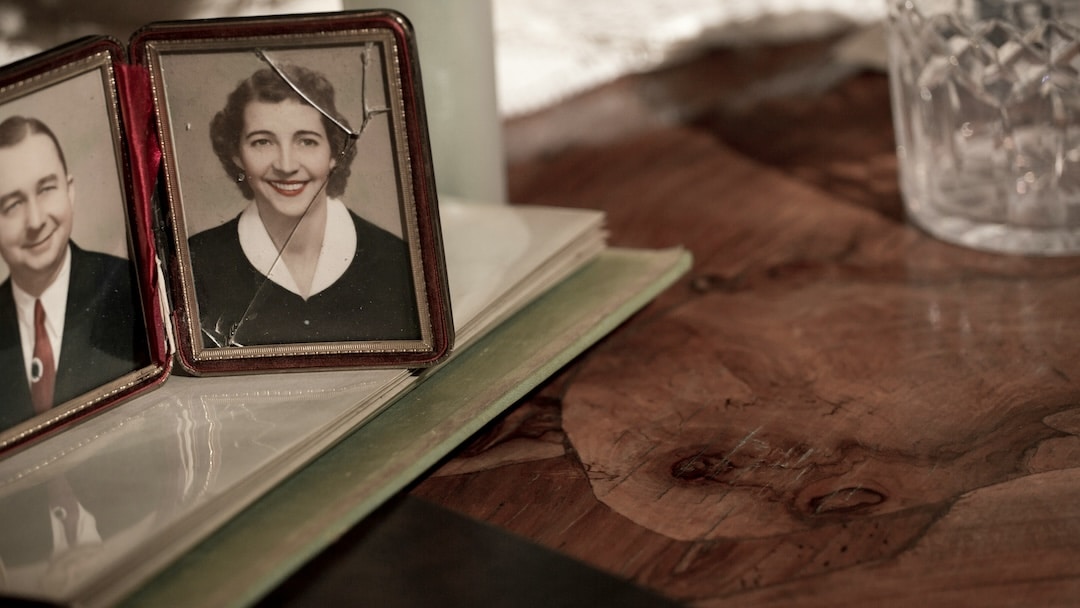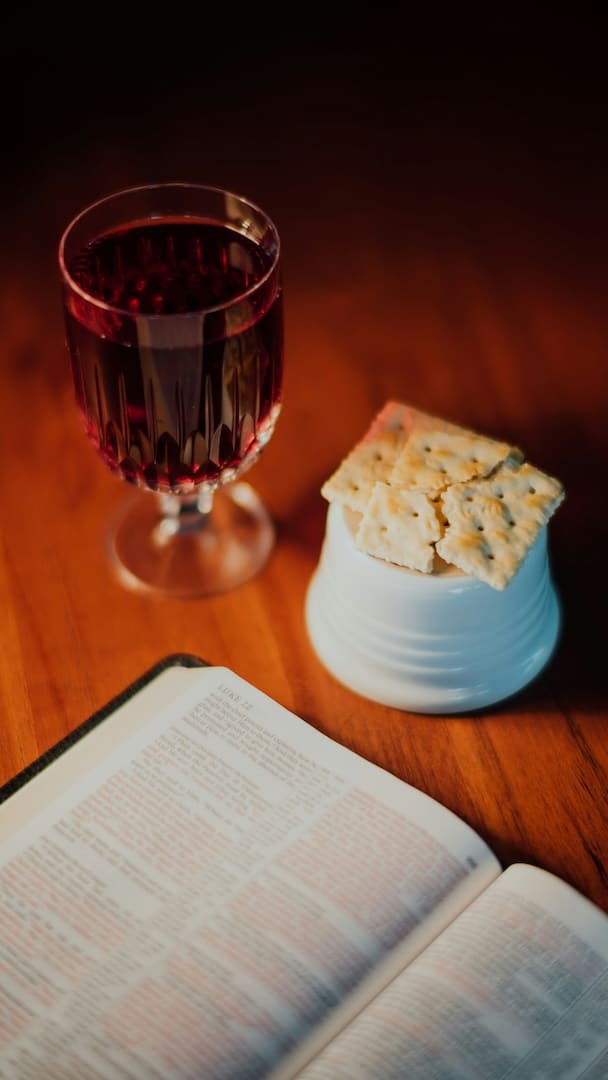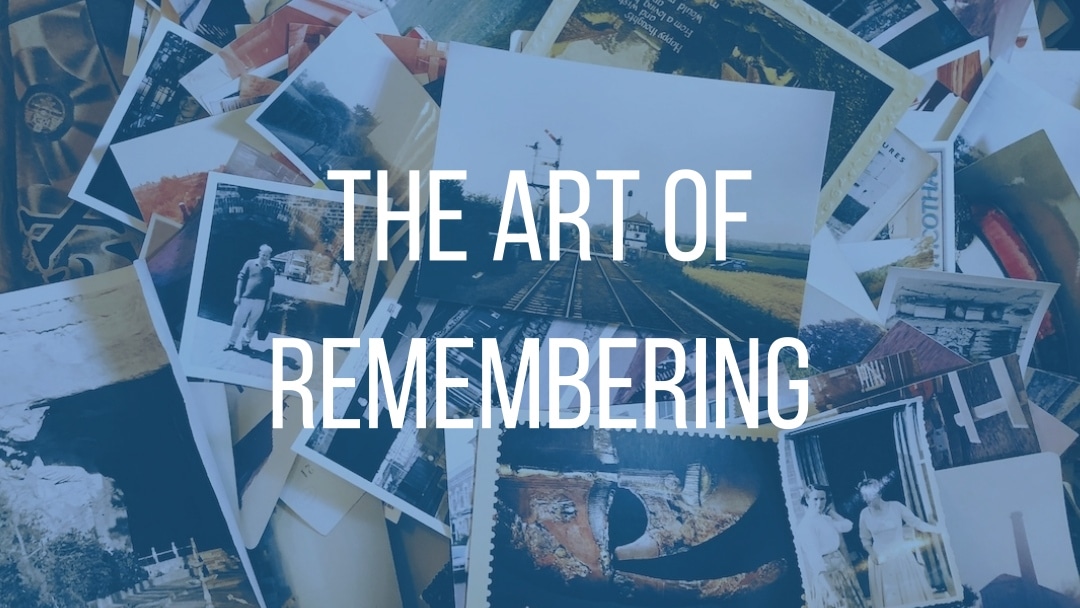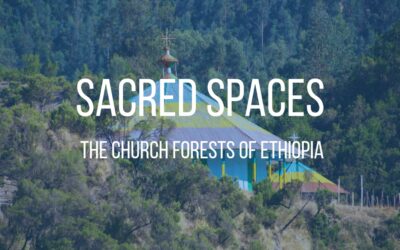The Necessity of Memory
Memory—or, more actively, remembering—plays an all-important role in our lives. Our culture likes us to focus on the now, “looking forward rather than looking back”—to be people of action, focused on doing—rather than contemplating remembering. But we should. Almost every aspect of a healthy life requires remembering.
What about work: How do you preach a sermon? Organize a meeting? Visit someone in the hospital? Try doing those things—or almost anything else—without remembering. For each, you’ll use specific sets of memories that will allow you to carry them out (no matter how much you rely on external aids like calendars, to-do lists, or mapping software).
And education, too, is all about memory. There’s been a lot of effort to make school “less boring” since way back when I was in school, which usually meant less repetition of information. I distinctly remember some teachers telling us we wouldn’t have to spend lots of time memorizing lists and dates—unlike earlier years where rote memorization was more common—but I still had to memorize a lot of information across my years of education, and I’m sure you did too.
And the reason is, memorization works. It may not be enjoyable, but it provides a foundation that we can access throughout our lives. Education through memorization has been the go-to move for educators for thousands of years. The Romans had a saying, Repetitio mater studiorum est. Roughly translated it means “repetition is the mother of learning.”
Memory and Relationships
Without memories, we would have a hard time relating to those around us. We remember, for instance, that talking with parishioner Dave about sports is an easy way to break the conversational ice, whereas parishioner Jon might just stare blankly if we bring up the latest hockey score. We remember with whom we can joke around and who we ought to stay serious. Our memories help us build rapport and avoid social landmines.
Without a healthy working memory, we can’t make use of these remembered features of how to relate to others—and our ability to do this goes back—way back—to our earliest days.

The Power of Our Earliest Memories
The pioneering Austrian psychoanalyst Alfred Adler was well known for beginning his therapy sessions with a new patient in the same way: “What is your earliest memory?” No matter how the patient would respond, Adler would say, “And so life is.” The first memory, Adler said, “will show the individual’s fundamental view of life, his first satisfactory crystallization of his attitude.” He continued, ”I would never investigate a personality without asking for the first memory.” Put another way, his view was that our earliest memories are revelatory: they teach us not just about the remembered event, but about how we view that event.
And this is the double-edged sword of our memories. We need them to survive, and to flourish in a complex world. But they are often shaped by our attitudes—not all of which are in line with God. As we live, we must subject our memories and attitudes about them to the light of God’s truth—only then can they serve as faithful internal compasses.
Memory in The Old Testament
Whether we are initially aware of it or not, memory, or perhaps the more active verb remembering, is a central feature of the Jewish faith. When God deals with the people of Israel throughout the Old Testament, God does not merely say, “This is God.” Rather, he says, “This is the Lord your God who brought you out of Egypt.”
The reality is, The Jewish people are a people centered on an event—the Passover, in which God rescued this small, marginalized people from slavery in Egypt. The problem for the ancient Israelites, and for us in general as human beings, is that we have the unfortunate habit of forgetting… we remember all the ways we contributed to our own success, but rarely take the time to remember that God is the source of every “good and perfect gift,” period (James 1:17).
Memory in The New Testament
With deep roots in the Old Testament, it’s no surprise that Jesus made remembering a significant part of his ministry. As he came to the climax of the gospels, he instituted a ritual for his disciples: “Do this in remembrance of me.”
Every time we participate in Communion, we have the opportunity to remember what Jesus did on our behalf—where memory is an action—a way of living with God at the center.
And so, for this year’s Lenten Sermon Series, our series contributors, Rachel and Casey Clark have zeroed in on this theme for six Sundays. We hope you will consider using it as a starting point as you prepare for observing Lent with your congregations.


Stuart Strachan Jr. is an ordained Presbyterian Pastor as well as the founder and lead curator of the Pastor’s Workshop. His primary passion is equipping the saints for the ministry of the church (Ephesians 4). He loves preaching, teaching, and helping churches cast vision for what it means to follow Jesus in the 21st Century. He has served churches in a variety of capacities in California, Colorado, Pennsylvania, and Washington.
Stu is married to Colleen, who currently serves as a spiritual formation lead at Compassion International in Colorado Springs. Stu and Colleen have two children (Jack and Emma) whom they love deeply.
In his free time, Stu enjoys gardening, golf, reading a good book, and watching baseball.
Don’t Miss
The Latest From Our Blog
New Site Launches Tomorrow!
Watch this Space! Tomorrow (May 29) is the official launch of the new The Pastor's Workshop site! Return to this blog tomorrow morning for a post highlighting the new features and explaining how subscribers can get on and start using the site! Here are some new...
How You Can Prep for Pentecost
This was originally posted on May 12, 2016 on https://huffpost.com Pentecost Came Like Wildfire I'm lying on an ice pack early this morning, doing my back exercises and listening to Pray as You Go, a tool for meditation, with monastery bells, music, and a Bible...
Sacred Spaces: the Church Forests of Ethiopia
Let's Go to Ethiopia! Here’s a fun exercise with a spiritual payoff. Go to Google Maps and view aerial images of the South Gondar zone of Ethiopia. Use this button:When the page loads, you'll see a light brown countryside, mostly farmland. There are thin lines of dark...




